Image credit: Lee Ann S. Wang
Formations of Race, the Body, and Technologies of Criminalization in Immigration Enforcement
Lee Ann S. Wang, Asian American Studies, UCLA
While biometric data collection is a growing law enforcement tool, its implementation in US immigration detention centers and refugee resettlement programs is relatively new and understudied particularly along racial and gendered configurations. In the last several years, federal agencies launched a 90-day pilot program under the Migrant Protection Protocols (MPP) to collect DNA collection from individuals held in three separate detention locations across the U.S. The pilot program also proposes a focus on US citizens and legal permanent residents who sponsor or have plans to sponsor refugees. In both cases, indications of “fraudulent family” and community “network” play a role in the selection for biometric data collection and the expansion of tracking migrants. The study’s interest focuses on how the law incorporates noncitizen and citizen bodies into biometric regimes, the role of race and gender in determining “fraudulent family” networks, and the growing (but not conflated) relationship between immigration and criminal law apparatuses that may drive refugee resettlement and eligibility for welfare programs. The project traces legislative history for each pilot program and its broader relationship to biometric data collection and criminal databasing, conducts discourse analysis in legislative debate, documents each pilot program’s design, and provides a historical overview of biometric data and its role in the broader history of federal immigration agencies in enforcement. Lastly, the project examines the emergence of the body’s matter itself as a formulation of evidence in state determinations of “criminalization” and “safety” attached to foreigness. Such an exploration is particularly pressing and carries high stakes in the lives of migrant communities particularly as “family reunification” and “fraudulent families” are invoked by both sides of the debate in support of and against biometric data collection. It is not simply the introduction of new technologies themselves, but their imbrication within already existing nation-state discourses of punishment and rescue where the body’s matter is legally written, that requires critical exploration. The study supports the first phase in a broader mixed-methods qualitative study on biometric data and immigration detention and refugee resettlement.




